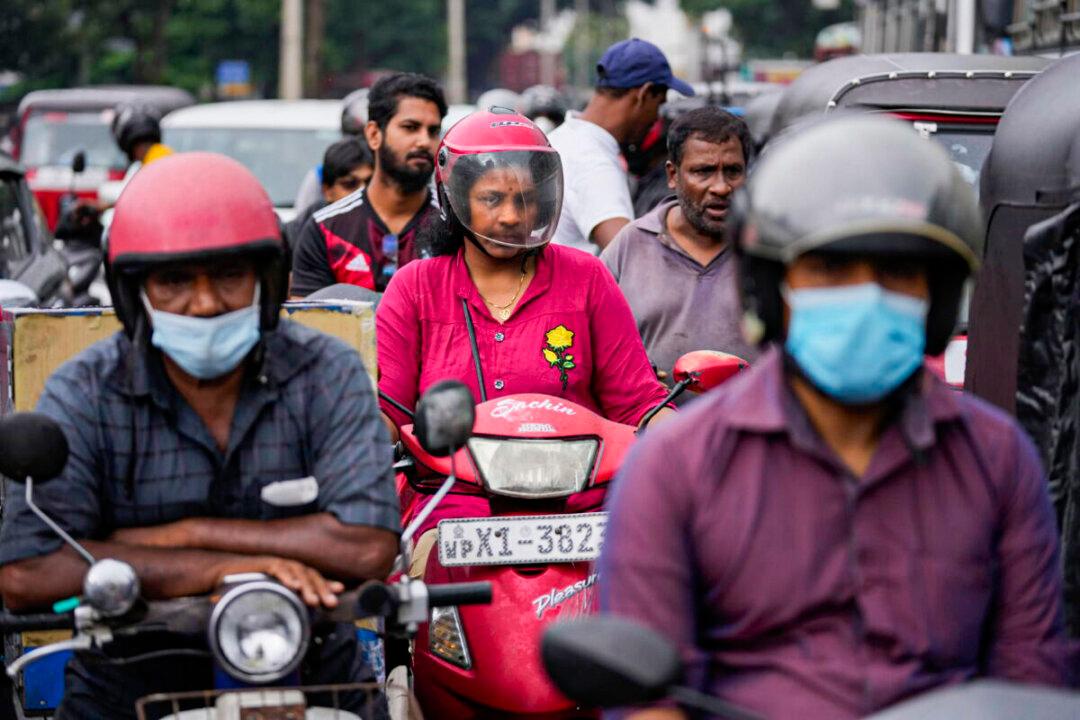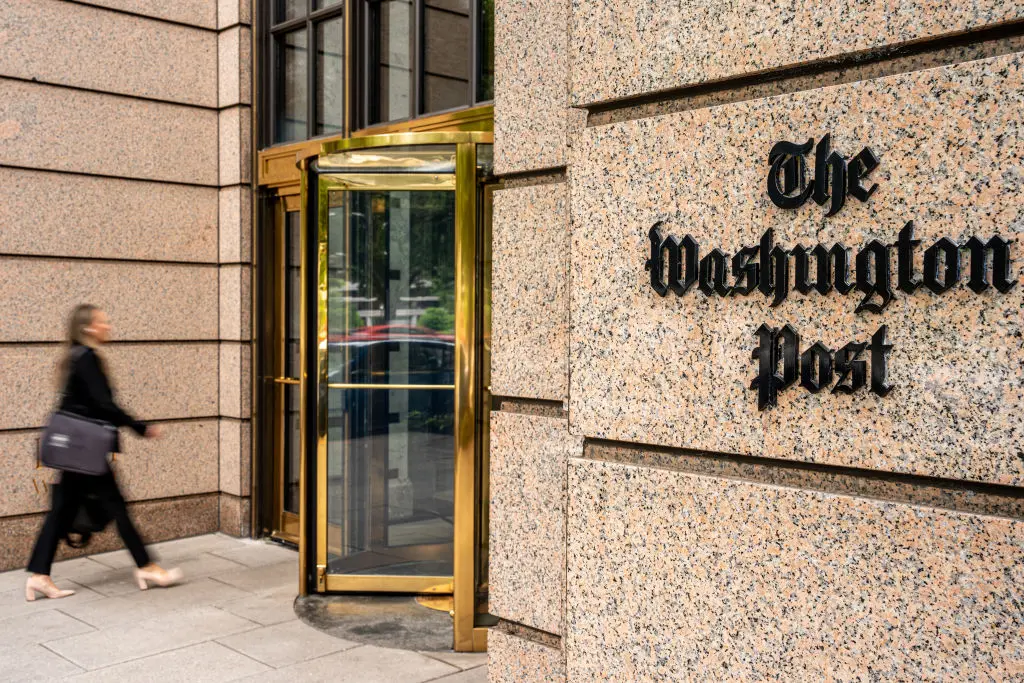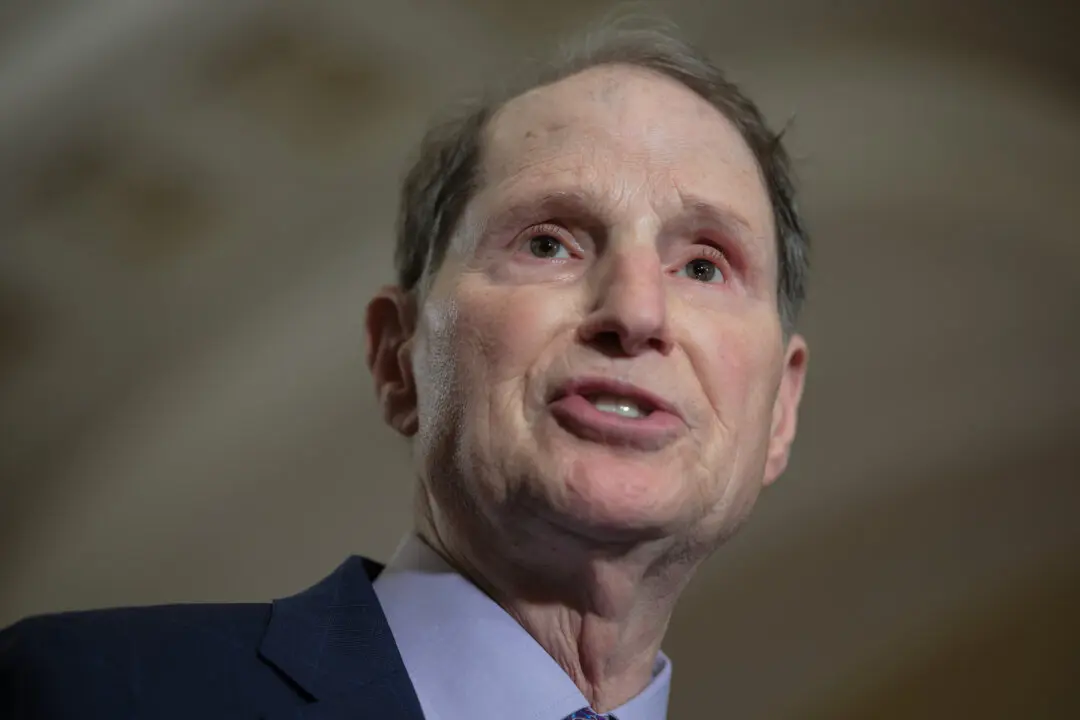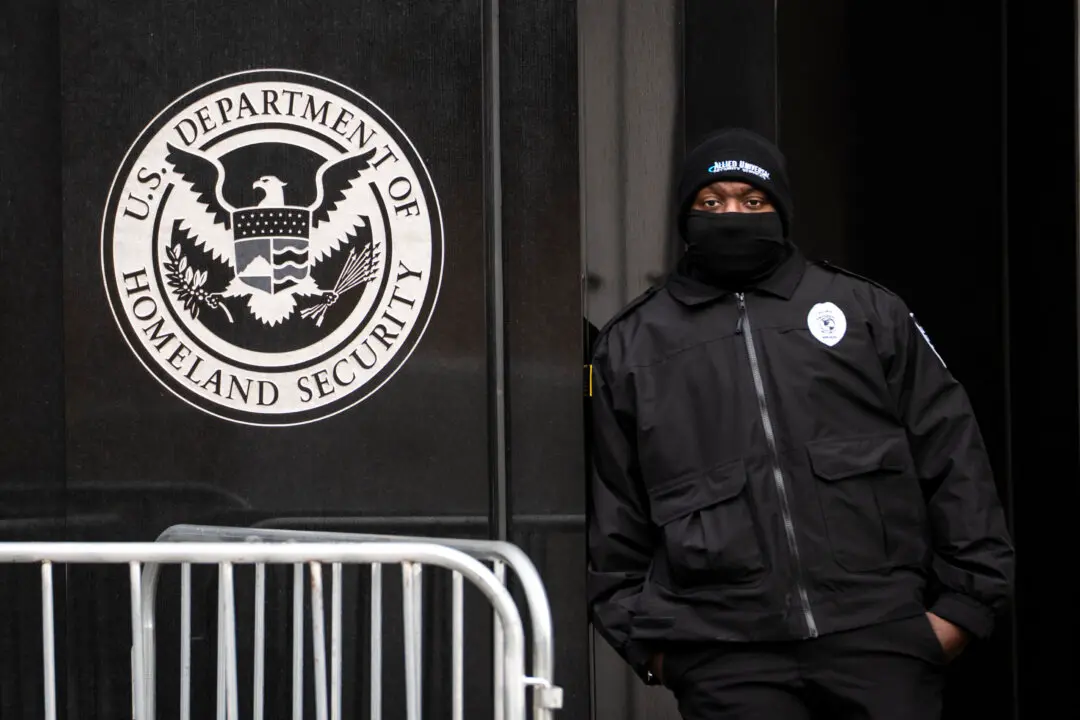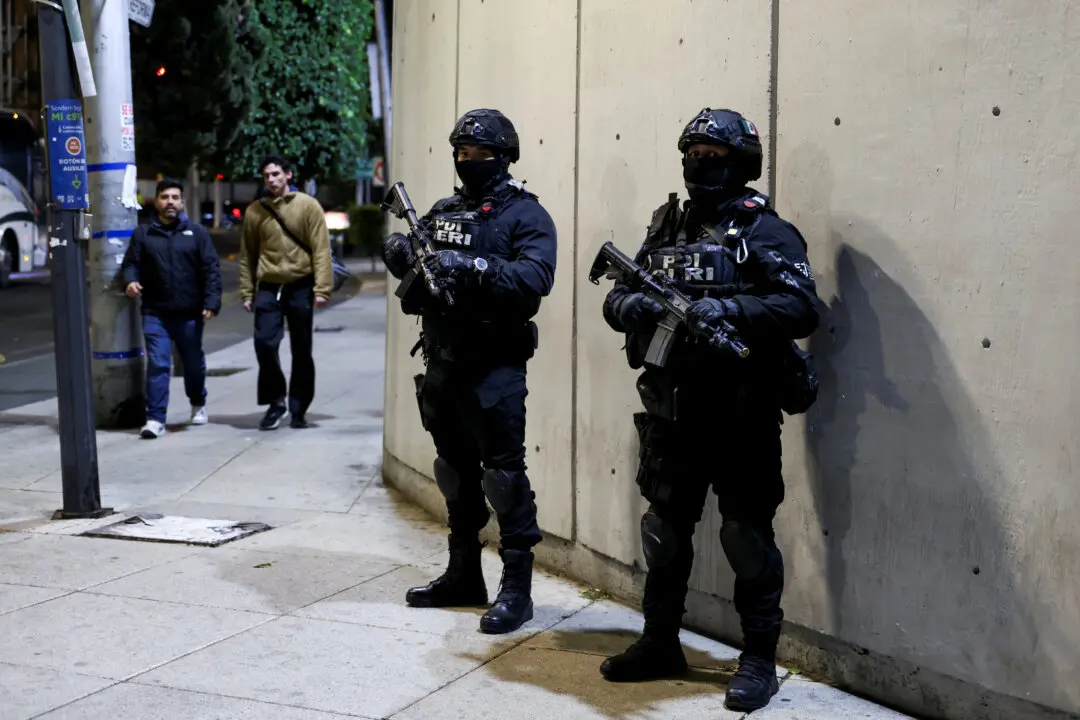Sri Lanka’s government has suspended fuel sales for private vehicles and urged people to work from home to save fuel as the country’s economic crisis continues unresolved.
Transport Minister Bandula Gunawardena said on Monday that fuel will only be sold for essential services, such as public transportation, health, food, and export industries, among others.
